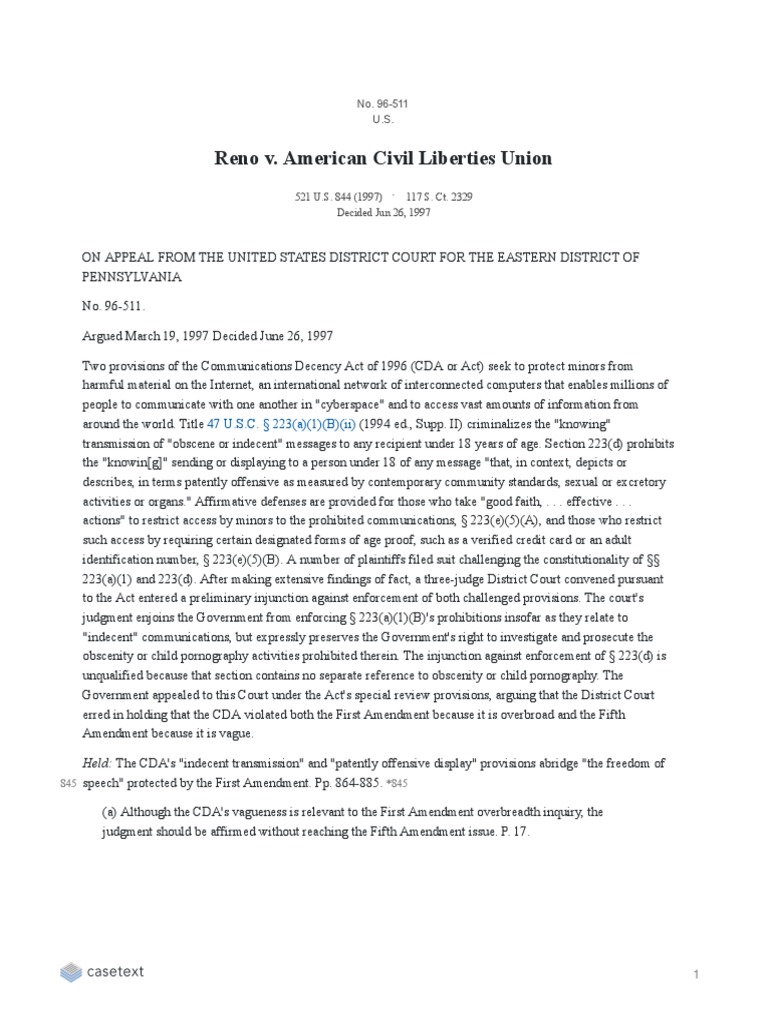China And The Opium Wars

China's Turbulent Past: Unveiling the Impact of the Opium Wars
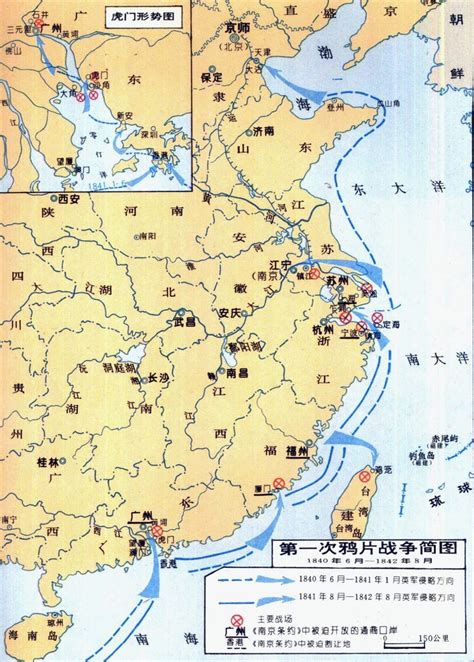
In the annals of history, few events have shaped the trajectory of nations as profoundly as the Opium Wars between China and the Western powers. This tumultuous period, spanning the mid-19th century, left an indelible mark on the course of Chinese history, shaping its political, social, and economic landscape for generations to come. The story of the Opium Wars is a complex tapestry of imperial ambition, cultural clash, and the pursuit of global dominance.
At the heart of this conflict was the delicate balance between China's ancient civilization and the burgeoning industrial powers of the West. As the world underwent rapid transformation during the Industrial Revolution, China, with its ancient traditions and self-sufficient economy, found itself in a unique position. The Qing Dynasty, then ruling China, sought to maintain its traditional ways, but this isolationist policy soon collided with the expansionist goals of Western powers.
The roots of the Opium Wars can be traced back to the late 18th century when British merchants, operating under the auspices of the East India Company, began to import significant quantities of opium into China. This highly addictive substance, grown in the colonies of British India, was in high demand among the Chinese elite and soon became a lucrative trade for the British. However, the Qing government, concerned about the social and economic impact of opium, banned its import and use, setting the stage for a confrontation that would escalate into full-scale war.
The First Opium War: A Clash of Civilizations
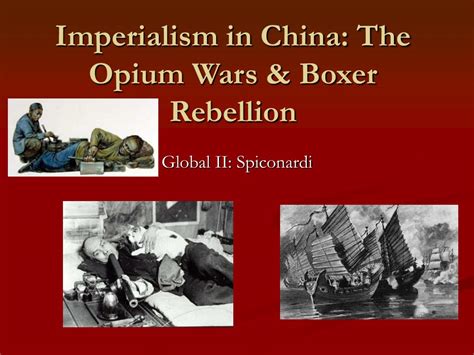
The First Opium War, fought between China and Britain from 1839 to 1842, marked a turning point in the relationship between East and West. The catalyst for this conflict was the Chinese government's attempt to enforce its opium ban, leading to the seizure and destruction of large quantities of opium owned by British merchants. In response, the British government, determined to protect its commercial interests, dispatched a powerful naval force to China, initiating a military campaign that would forever alter the balance of power in the region.
The British Navy, with its advanced weaponry and naval tactics, quickly gained the upper hand. Chinese coastal defenses, though formidable, were no match for the firepower of the British ships. The war culminated in the capture of the important port city of Canton (now Guangzhou) and the signing of the Treaty of Nanjing in 1842. This treaty, imposed on China by the British, had far-reaching consequences. It forced China to open several ports to foreign trade, ceded the island of Hong Kong to Britain, and granted British subjects extraterritorial rights, effectively placing them beyond the reach of Chinese law.
Impact of the First Opium War
The First Opium War had a profound effect on China's domestic politics and international standing. It weakened the Qing Dynasty's authority and fueled internal dissent. The humiliation of defeat and the subsequent loss of sovereignty over Hong Kong and other ports led to a growing sense of national crisis among the Chinese people. This period also witnessed the emergence of a new class of Chinese intellectuals who began to question traditional Confucian values and sought to modernize China to match the power of the West.
The war also had significant economic repercussions. The opening of ports to foreign trade disrupted China's traditional economic system, leading to the decline of domestic industries and the rise of a new merchant class with strong ties to foreign powers. The influx of Western goods, particularly opium, had a devastating impact on Chinese society, leading to widespread addiction and social unrest.
| Treaty of Nanjing | Consequences |
|---|---|
| Cession of Hong Kong | Loss of territory and strategic port |
| Opening of Ports | Disruption of traditional trade routes |
| Extraterritorial Rights | Undermined Chinese legal system |
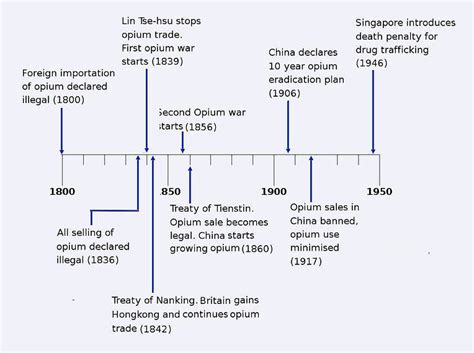
The Second Opium War: Escalation and Imperialism
The tensions that arose from the First Opium War did not dissipate, and in 1856, the Second Opium War, also known as the Arrow War, erupted. This conflict, which involved not only Britain but also France and several other Western powers, was sparked by a series of incidents, including the boarding and seizure of a Chinese ship, the "Arrow," by British authorities. The Qing government's response to this incident was seen as an insult by the British, leading to a military expedition to punish the Chinese.
The Second Opium War was even more devastating for China. The combined forces of Britain and France, with their advanced military technology, inflicted heavy defeats on the Chinese army and navy. The war culminated in the signing of the Treaty of Tianjin in 1858, which further opened up China's interior to foreign trade and granted Christians additional rights in China.
Legacies of the Second Opium War
The Second Opium War had a profound impact on China's social fabric and its international standing. It accelerated the decline of the Qing Dynasty, fueling further internal unrest and strengthening anti-foreign sentiments among the Chinese populace. The war also contributed to the spread of Christianity in China, as missionaries, often accompanying the military forces, gained increased access and influence.
From an economic perspective, the war led to a further decline in China's traditional industries, as foreign imports flooded the market. The opening of China's interior to foreign trade created new opportunities for Western powers to exploit China's resources and labor, setting the stage for a century of foreign intervention and influence.
| Treaty of Tianjin | Key Provisions |
|---|---|
| Opening of Interior to Trade | Allowed foreign powers to access China's interior, leading to increased economic exploitation |
| Christianity and Trade | Granted Christians additional rights and privileges, fostering the spread of Christianity in China |
The Aftermath and Legacy
The Opium Wars left an indelible mark on China's history, shaping its trajectory for the next century and beyond. The humiliation and defeat at the hands of Western powers fueled a nationalistic fervor, leading to a series of internal reforms and a growing desire for self-strengthening. The wars also had a profound impact on China's international standing, as it was forced to engage with the global community on terms dictated by the Western powers.
The Opium Wars served as a stark reminder of the vulnerabilities inherent in China's traditional isolationist policy. The Qing Dynasty's subsequent attempts at modernization, including the Self-Strengthening Movement, were shaped by the lessons learned from these conflicts. The wars also fueled a sense of national unity and a desire for independence, which would eventually lead to the overthrow of the Qing Dynasty and the establishment of a modern Chinese nation-state.
Modern Implications
The legacy of the Opium Wars continues to resonate in contemporary China. The period of "Century of Humiliation," which began with the Opium Wars, is often invoked in modern Chinese politics and foreign policy. It has shaped China's approach to international relations, fueling a desire for national greatness and global influence. The wars also laid the groundwork for China's modern economic system, with its complex relationship between state-owned enterprises and private industries, often influenced by foreign investment and technology.
Furthermore, the Opium Wars have left an indelible mark on the cultural fabric of China. The impact of Western culture and values, introduced during this period, continues to influence Chinese society. The wars also fueled a deep-seated mistrust of foreign powers, particularly Western nations, which has influenced China's foreign policy and its relationships with other countries.
| Century of Humiliation | Key Events |
|---|---|
| Opium Wars | Forced opening of ports, loss of sovereignty |
| Boxer Rebellion | Anti-foreign uprising, intervention by Western powers |
| Japanese Occupation | Humiliating defeat and occupation by Japan |
Conclusion
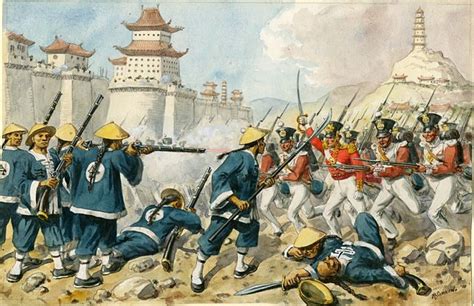
The Opium Wars stand as a testament to the complexities of global politics and the far-reaching consequences of imperial ambitions. This tumultuous period in China's history, marked by conflict, humiliation, and transformation, continues to shape the nation's identity and its place in the world. As China rises to global prominence, the legacy of the Opium Wars remains a powerful reminder of the nation's resilience, its desire for greatness, and its complex relationship with the West.
The story of the Opium Wars is not just a chapter in China's past but a living legacy that continues to influence the nation's trajectory and its role on the world stage. It serves as a cautionary tale of the dangers of imperialism and the enduring strength of a nation's spirit.
What were the main causes of the Opium Wars?
+
The Opium Wars were primarily caused by the conflict between China’s traditional isolationist policy and the expansionist goals of Western powers. The British importation of opium into China, which led to widespread addiction and social unrest, was a key catalyst. The Chinese government’s attempts to ban opium imports and the subsequent seizures of British opium shipments sparked the wars.
How did the Opium Wars impact China’s domestic politics?
+
The Opium Wars weakened the Qing Dynasty’s authority and fueled internal dissent. The humiliation of defeat and the loss of sovereignty over Hong Kong and other ports led to a growing sense of national crisis. The wars also contributed to the emergence of a new class of Chinese intellectuals who advocated for modernization and reform.
What were the economic consequences of the Opium Wars for China?
+
The Opium Wars disrupted China’s traditional economic system. The opening of ports to foreign trade led to the decline of domestic industries and the rise of a new merchant class with strong ties to foreign powers. The influx of Western goods, particularly opium, had a devastating impact on Chinese society, leading to widespread addiction and social unrest.
How did the Opium Wars shape China’s modern identity and its relationship with the West?
+
The Opium Wars left a deep psychological impact on China, shaping its modern identity and its relationship with the West. The period of “Century of Humiliation” is often invoked in modern Chinese politics and foreign policy, fueling a desire for national greatness and global influence. The wars also laid the groundwork for China’s complex relationship with the West, marked by both cooperation and mistrust.


